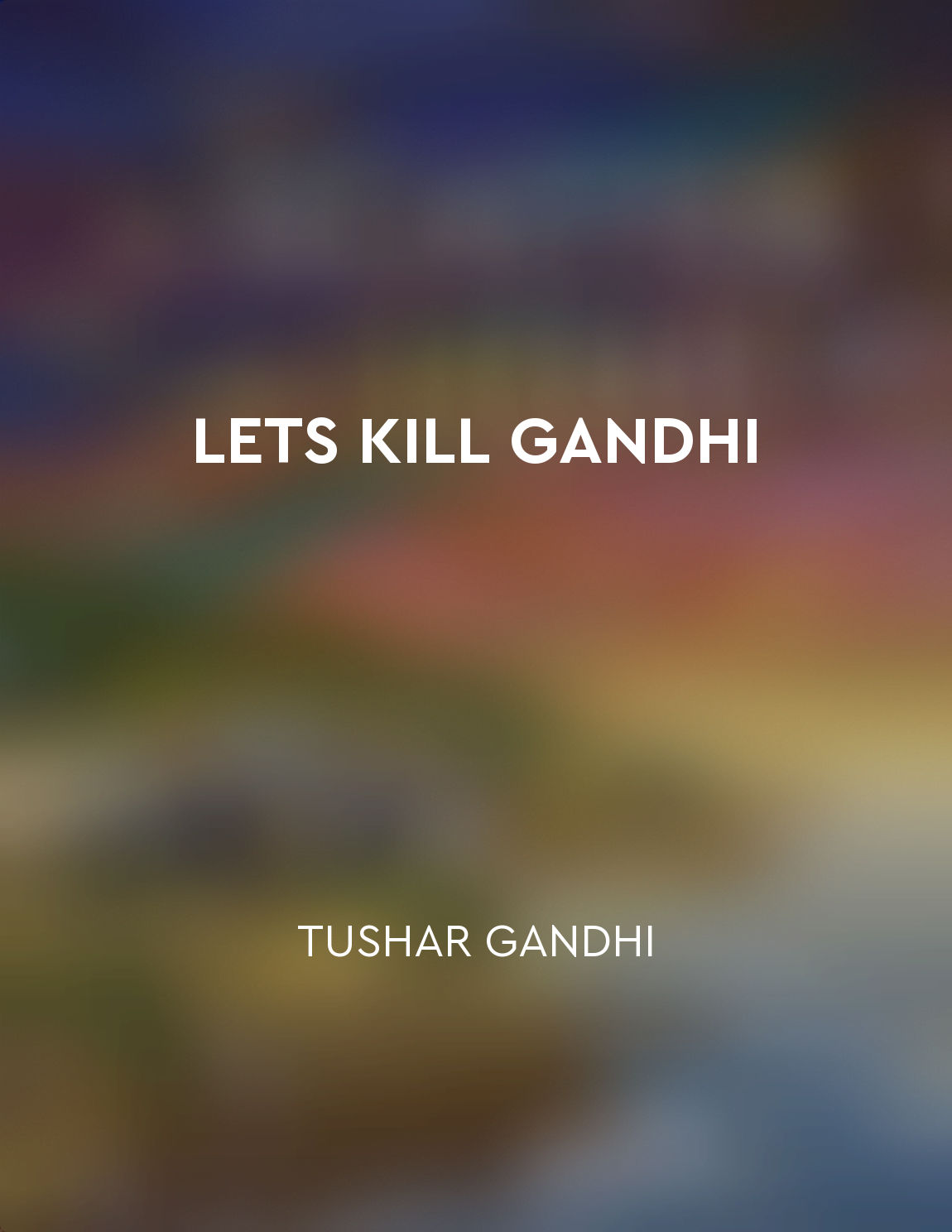Audio available in app
Revolt of 1857 from "summary" of The Anarchy by William Dalrymple
The year 1857 was a turning point in the history of British rule in India. It was a moment when the simmering discontent and resentment of the Indian people towards their colonial masters finally erupted into a full-scale rebellion. The causes of this revolt were deep-rooted and multifaceted, ranging from economic exploitation and social injustices to cultural and religious grievances. The spark that ignited the rebellion was the introduction of the Enfield rifle, which required soldiers to bite off the tips of cartridges greased with animal fat, a practice that offended both Hindu and Muslim soldiers. This seemingly minor issue soon snowballed into a larger protest against British rule, drawing in not just soldiers but also civilians from all walks of life. The rebellion quickly spread across northern and central India, with major cities like Delhi, Lucknow, and Kanpur becoming epicenters of resistance. The rebels, comprising of sepoys, peasants, landlords, and nobles, fought valiantly against the British forces, inflicting heavy casualties and capturing key strategic locations. The British response to the revolt was swift and brutal. They deployed reinforcements from other parts of the empire and unleashed a wave of violence and repression on the rebels and their supporters. Thousands were killed, villages were razed, and leaders of the rebellion were captured and executed. The aftermath of the revolt was equally devastating. The British government abolished the East India Company and took direct control of India, turning it into a formal colony. They also implemented a policy of divide and rule, pitting different communities against each other to prevent another uprising. The legacy of the revolt of 1857 is complex and contested. Some view it as a heroic struggle for independence, while others see it as a futile and misguided attempt to turn back the tide of history. However, what is undeniable is that it marked a turning point in the history of India, setting the stage for the eventual end of British colonial rule.Similar Posts
War and annexation
The East India Company's rise to power in India was marked by a relentless pursuit of territorial expansion through a combinati...

Tushar Gandhi struggles to come to terms with the tragedy
Tushar Gandhi finds himself in a constant battle within himself as he grapples with the overwhelming tragedy that has befallen ...
Formation of Muslim League
The Muslim League was formed in Dhaka in 1906. It was established in response to the growing sense of alienation and fear among...
Challenges and opportunities for India in the 21st century
The future of India in the 21st century is filled with both challenges and opportunities. As we stand on the threshold of a new...
Modern India faces challenges of economic development and social inequality
In the recent past, India has made significant progress in terms of economic growth. However, this growth has not been evenly d...
